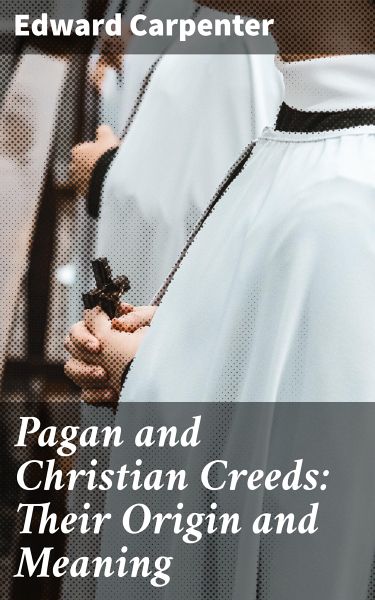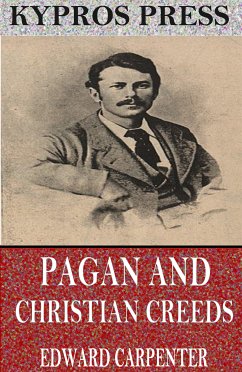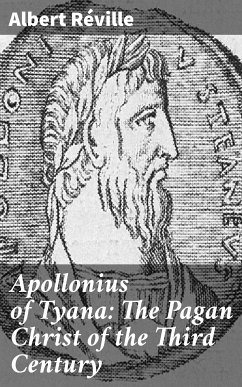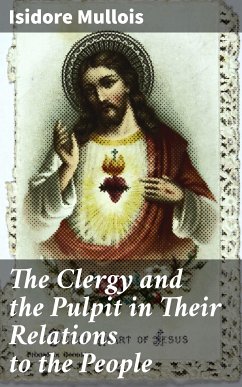
Pagan and Christian Creeds: Their Origin and Meaning (eBook, ePUB)
Enriched edition. Exploring the Origins and Meanings of Pagan and Christian Belief Systems
Kommentar: Hicks, Jamie / Redaktion: Good Press

PAYBACK Punkte
0 °P sammeln!
In "Pagan and Christian Creeds: Their Origin and Meaning," Edward Carpenter offers a profound exploration of the intertwining narratives of paganism and Christianity, tracing their historical evolution and philosophical implications. The book is characterized by Carpenter's distinctive literary style, which seamlessly blends rigorous scholarly analysis with poetic prose. Set against the backdrop of late 19th-century thought, Carpenter challenges prevailing religious doctrines by examining their roots in ancient beliefs and practices, inviting readers to reflect on the complexities of spiritual...
In "Pagan and Christian Creeds: Their Origin and Meaning," Edward Carpenter offers a profound exploration of the intertwining narratives of paganism and Christianity, tracing their historical evolution and philosophical implications. The book is characterized by Carpenter's distinctive literary style, which seamlessly blends rigorous scholarly analysis with poetic prose. Set against the backdrop of late 19th-century thought, Carpenter challenges prevailing religious doctrines by examining their roots in ancient beliefs and practices, inviting readers to reflect on the complexities of spiritual evolution and human experience. Edward Carpenter was a multi-faceted figure'-poet, social reformer, and a pioneer of early LGBTQ+ rights'-whose own life experiences deeply informed his work. His exposure to various philosophical traditions and his commitment to social justice spurred his inquiry into the origins of religious beliefs. Carpenter's unique perspective as an advocate for both spiritual and social liberation reflects his quest to reconcile the often disparate spheres of pagan and Christian ideologies, fostering a more inclusive understanding of spirituality. This book is essential for readers interested in religious studies, history, and philosophy. Carpenter's insightful examination encourages an open-minded approach to the coexistence of belief systems, prompting readers to question and reevaluate their own understandings of faith. Its eloquent prose and rich historical context make it a rewarding read for both scholars and general audiences. In this enriched edition, we have carefully created added value for your reading experience: - A succinct Introduction situates the work's timeless appeal and themes. - The Synopsis outlines the central plot, highlighting key developments without spoiling critical twists. - A detailed Historical Context immerses you in the era's events and influences that shaped the writing. - A thorough Analysis dissects symbols, motifs, and character arcs to unearth underlying meanings. - Reflection questions prompt you to engage personally with the work's messages, connecting them to modern life. - Hand-picked Memorable Quotes shine a spotlight on moments of literary brilliance. - Interactive footnotes clarify unusual references, historical allusions, and archaic phrases for an effortless, more informed read.
Dieser Download kann aus rechtlichen Gründen nur mit Rechnungsadresse in A, B, BG, CY, CZ, D, DK, EW, E, FIN, F, GR, H, IRL, I, LT, L, LR, M, NL, PL, P, R, S, SLO, SK ausgeliefert werden.













